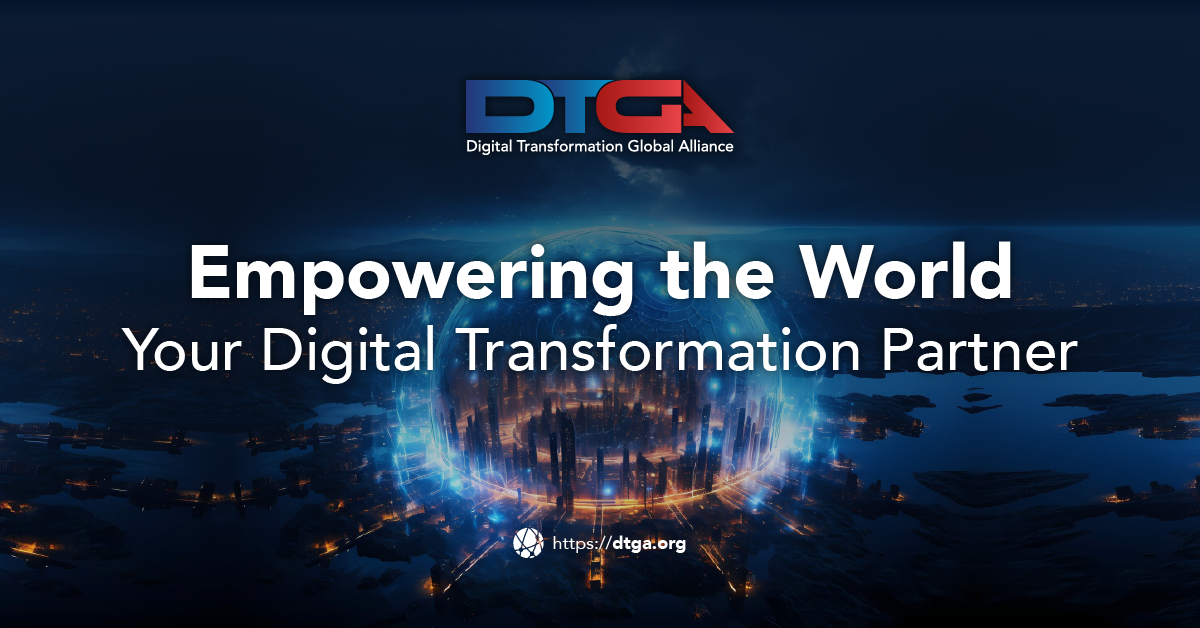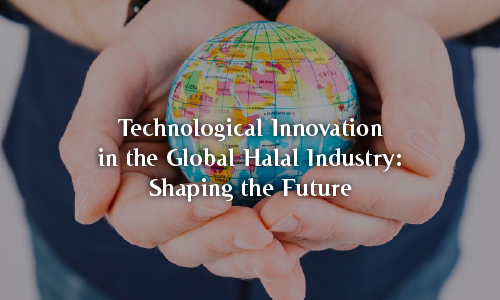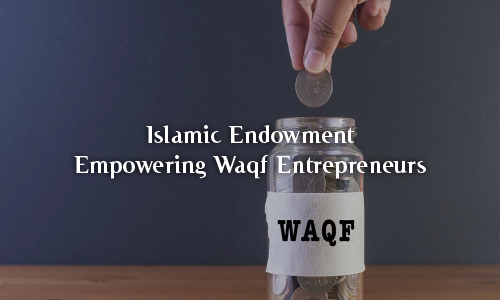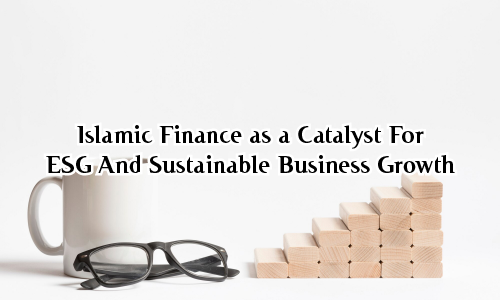
Abstract Islamic philanthropy, encompassing zakat, infak, sadaqah, and waqf, plays a crucial role in social welfare and economic development. With advancements in digital technology, the management and distribution of philanthropic funds have evolved, improving accessibility, efficiency, and transparency. This article examines the transformation of Islamic philanthropy in the digital era, highlighting opportunities and challenges in leveraging technology for greater social impact. The discussion explores the significance of Islamic philanthropy, its historical context, the impact of digitalization, and recommendations for future improvements. Furthermore, the study delves into the role of financial technology, regulatory frameworks, and case studies from various countries to illustrate best practices in modernizing zakat and waqf management.
1. Introduction
Islamic philanthropy has historically played a pivotal role in shaping the socio-economic landscape of Muslim societies. Anchored in religious mandates and ethical imperatives, it serves as a mechanism for wealth redistribution and the empowerment of disadvantaged populations. With the advent of digital technologies, contemporary approaches to philanthropic activities are undergoing a transformation, enhancing their efficiency, accessibility, and transparency. The integration of digital platforms offers innovative means to strengthen Islamic philanthropy, ensuring that charitable initiatives align with the evolving socio-economic dynamics of the modern era.
Traditionally, Islamic philanthropic institutions such as zakat (mandatory almsgiving), sadaqah (voluntary charity), and waqf (endowments) have functioned as crucial social safety nets, financing essential services like education, healthcare, and poverty alleviation. These…

















